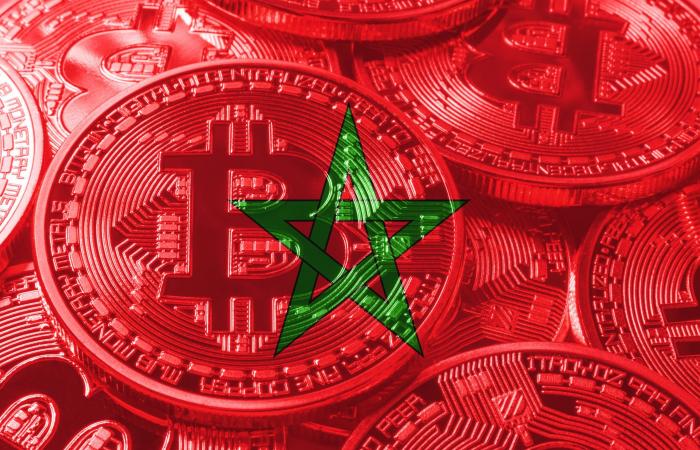A draft law on cryptocurrencies is undergoing the process of adoption in Morocco. The governor of its central bank, Abdellatif Jouahri, said this at an international conference at the country’s capital, Rabat, today.
The central bank, known as Bank Al-Maghrib, “has prepared a draft law regulating crypto assets, which is currently in the adoption process,” Jouahri said.
According to Reuters, he also indicated that the Bank Al-Maghrib is exploring a central bank digital currency (CBDC). CBDCs are controlled by the central bank, in contrast to cryptocurrencies which are usually decentralised.
“Regarding central bank digital currencies, and like many countries around the world, we are exploring to what extent this new form of currency could contribute to achieving certain public policy objectives, particularly in terms of financial inclusion,” he said.
While Morocco shows promise in the crypto space, the country has yet to establish a comprehensive regulatory framework and mainstream acceptance of cryptocurrencies in everyday transactions.
Cryptocurrencies have been banned in Morocco since 2017, but the country has secured its position among the top 20 countries with the highest usage of Bitcoin. According to a recent study by finance website, Insider Monkey, as of 2022, 4.9% of the total population owned some form of cryptocurrency, earning the country a crypto adoption index of 14.
According to a report from a Bruneian crypto payments company, Triple-A, Morocco was leading in the North Africa region and was number 50 in the world in crypto adoption as of January 2022. Data also shows that 2.4% of Moroccans use or own digital assets. The latest data in 2021 also shows that the country ranked fourth behind Nigeria, South Africa, and Kenya in crypto trading volume ($6 million) across Africa.
“The country still has a long way to go in terms of introducing crypto-friendly regulations and accepting it as a mainstream form of payment by the government and the public alike,” the report said.
Recall that the IMF called on countries in 2022 to regulate the crypto sector. The agency also warned about the dangers of legalising digital assets like Bitcoin. A few months later, the Moroccan central bank acknowledged the growth of cryptocurrency in the country and announced that it was “engaging with the central banks of friendly nations such as Switzerland and France to learn from their expertise and experience.”
The Governor, Jouahri also confirmed that the institution was in discussions with two other major financial institutions. He noted that adopting cryptocurrencies in the country was a matter of ‘when’ and not ‘if’ because it ‘represents the future’.
“Currently, we cannot adopt cryptocurrencies given the lack of regulatory and legislative frameworks both nationally and internationally. The G20 and many countries stress the importance of having a crypto regulatory framework as well as a regulatory framework for CBDCs (Central Bank Digital Currencies)”, he said at that time.

Although the use of cryptocurrencies by Moroccans has been unstoppable, the governor maintains that the adoption should not take place until there is a legal framework in place.
Notably, the country has not given any indication that it is looking to make Bitcoin legal tender, however, the regulation will be drafted with innovation and consumer protection as top priorities.
In addition, the announcement points out money laundering and terrorism financing as the key areas the regulatory framework will address, noting that: “The regulatory framework will also update the legislation on the fight against money laundering and terrorist financing.”
Going forward, the proposed regulation is expected to provide clarity in the country’s crypto sector, which will further enhance the adoption and acceptability of digital assets.







